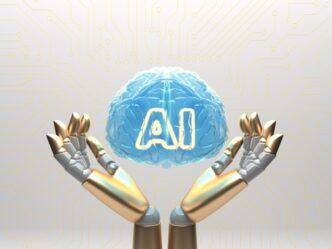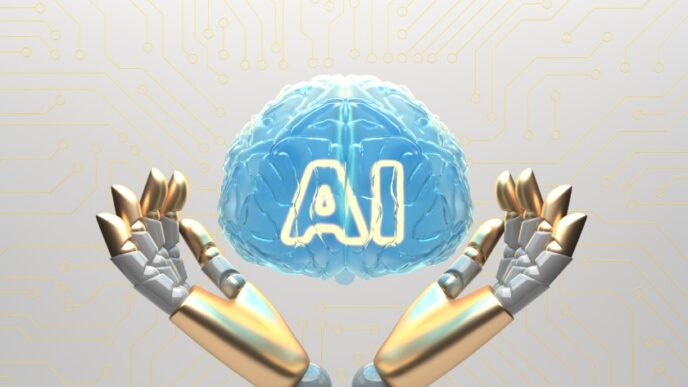Introduction
The rapid growth of artificial intelligence (AI) has brought us into an exciting new age of digital assistants .personal AI agents that do much more than just follow voice commands or automate tasks. These smart systems are evolving into proactive, context-aware companions that can handle complex workflows, anticipate what users need, and even make decisions for us. As AI models get smarter, personal AI agents are set to change the way we engage with technology, enhancing our productivity, communication, and everyday lives.
The Evolution of Digital Assistants
In the past, digital assistants like Siri, Alexa, and Google Assistant mainly served as reactive tools answering questions, setting reminders, or controlling smart home devices. While they’re handy, their abilities are often restricted by fixed scripts and a lack of deep contextual understanding.
Today’s personal AI agents, driven by large language models (LLMs) and multimodal AI, mark a significant advancement. These agents can:
– Grasp and remember context throughout conversations, leading to more natural interactions.
– Learn user preferences over time, adjusting their behavior to fit individual needs.
– Take charge of tasks like scheduling meetings, drafting emails, or managing finances on their own.
– Seamlessly integrate with various applications, serving as a single interface for all your productivity tools.
Key Features of Next-Gen AI Agents
1. Proactive Assistance
Forget about those old-school assistants that just sit around waiting for you to tell them what to do. Next-gen AI agents are all about being one step ahead. They can read the room whether it’s picking up on your calendar events or analyzing real-time data to anticipate your needs. Imagine an agent nudging you to reschedule a meeting because of unexpected traffic or reminding you to get ready for that looming deadline.
2. Multimodal Interaction
Today’s AI agents are way more versatile than just handling text. This opens the door to more engaging interactions, like analyzing a snapshot of a document or sensing stress in your voice to adjust how they respond.
3. Personalization at Scale
Thanks to machine learning, these AI agents get to know you on a personal level. They dive deep into your habits, preferences, and goals, allowing them to offer tailored recommendations whether you’re looking for the latest news, shopping deals, or health advice with impressive accuracy.
4. Autonomous Task Execution
The latest agents can tackle complex tasks without needing constant oversight. For example, they might:
– Research and book the best flight options that fit your budget and preferences.
– Negotiate with customer service bots to secure refunds or upgrades.
– Automate those tedious tasks like data entry or generating reports.
5. Privacy and Security
With AI agents handling sensitive information, it’s crucial to have strong encryption, on-device processing, and user-controlled permissions to keep your data safe. Looking ahead, we might see decentralized AI models that reduce our dependence on cloud servers.To understand the real-world applications of AI agents, check out this detailed guide.
Challenges and Considerations
– Ethical Concerns: We need to ensure transparency in how decisions are made and avoid any bias in AI behavior.
– Over-Reliance: It’s important to strike a balance between automation and human input to keep our critical thinking skills sharp.
– Interoperability: Making sure these agents work seamlessly across different platforms and devices is still a tough nut to crack.
The Road Ahead
The future of personal AI agents is all about becoming genuine digital companions partners that boost our abilities instead of taking over.
Make education and healthcare super personalized.
Allow for smooth communication across different languages.
Give users real-time data insights to help them make smarter choices.
Conclusion
Personal AI agents are set to be the next big thing in digital assistance, combining intelligence, flexibility, and independence to change the way we live and work. While there are still hurdles to overcome, their ability to simplify everyday tasks, increase productivity, and offer customized support is clear. As these technologies develop, they will become essential allies in our digital journeys.










